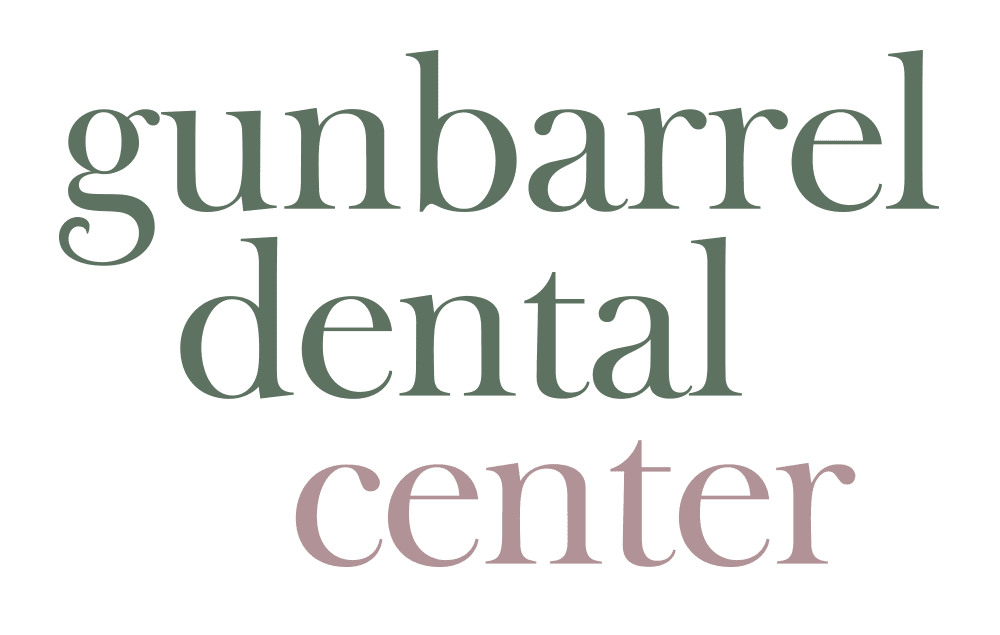For many, a gentle snore is just a natural part of a good night’s sleep. However, did you know that snoring can be more than just a nocturnal soundtrack? There are certain situations when snoring can be a sign of a much bigger issue. In fact, there is a surprising connection between snoring and your oral health.

The Basics of Snoring
Snoring occurs when the flow of air through the mouth and nose is partially blocked during sleep. As a result, the surrounding tissues will vibrate and create the familiar sound. While occasional snoring is common and harmless, persistent and loud snoring could be a sign of an underlying issue.
When to Worry
Not all snoring is cause for concern. But, certain signs indicate that it might be more than just a benign nighttime habit. If your snoring is accompanied by gasping, choking sounds, or if you frequently wake up feeling tired despite a full night’s sleep, it’s time to pay attention.
These signs could point to a condition called sleep apnea. This is a sleep disorder that can have implications for your health, especially your oral health.
Sleep Apnea and Oral Health
Sleep apnea is a condition where breathing repeatedly stops and starts during sleep. It can lead to decreased oxygen levels in the body. As a result, this can impact various systems, including oral health.
Sleep apnea patients often experience dry mouth, which can contribute to tooth decay and gum disease. The decrease in saliva during interrupted breathing cycles allows harmful bacteria to thrive, posing risks to the teeth and gums.
The Grind Factor – Bruxism and Snoring Ties
Snoring and teeth grinding, or bruxism, often go hand in hand. The strain on the jaw muscles caused by sleep apnea can trigger nighttime teeth grinding. This grinding can lead to tooth damage, headaches, and jaw pain.
If you or your sleep partner notices signs of teeth grinding, such as worn-down teeth or jaw discomfort, it’s crucial to address both the snoring and grinding to safeguard your oral health.
The Impact on Gums and Tissues – A Closer Look
Sleep apnea can also affect the gums and soft tissues in the mouth. The decreased oxygen levels with sleep apnea can contribute to inflammation and compromised healing processes.
This, in turn, can worsen existing gum disease or delay the recovery from dental procedures. Understanding the oral health implications of snoring and sleep apnea highlights the need for comprehensive care.
Seeking Solutions
If you or a loved one experiences persistent snoring or signs of sleep apnea, seeking professional guidance is essential. A sleep study can diagnose the severity of the condition.
Ultimately, your dentist can play a crucial role in managing the oral health aspects. Treatment options may include lifestyle changes, oral appliances, or, in severe cases, continuous positive airway pressure (CPAP) therapy.
Simple Steps for a Quieter Night
Making certain lifestyle adjustments can also reduce snoring and its impact on oral health. Maintaining a healthy weight and avoiding alcohol or sedatives before bedtime are all factors that can positively influence sleep quality and reduce the severity of snoring.

